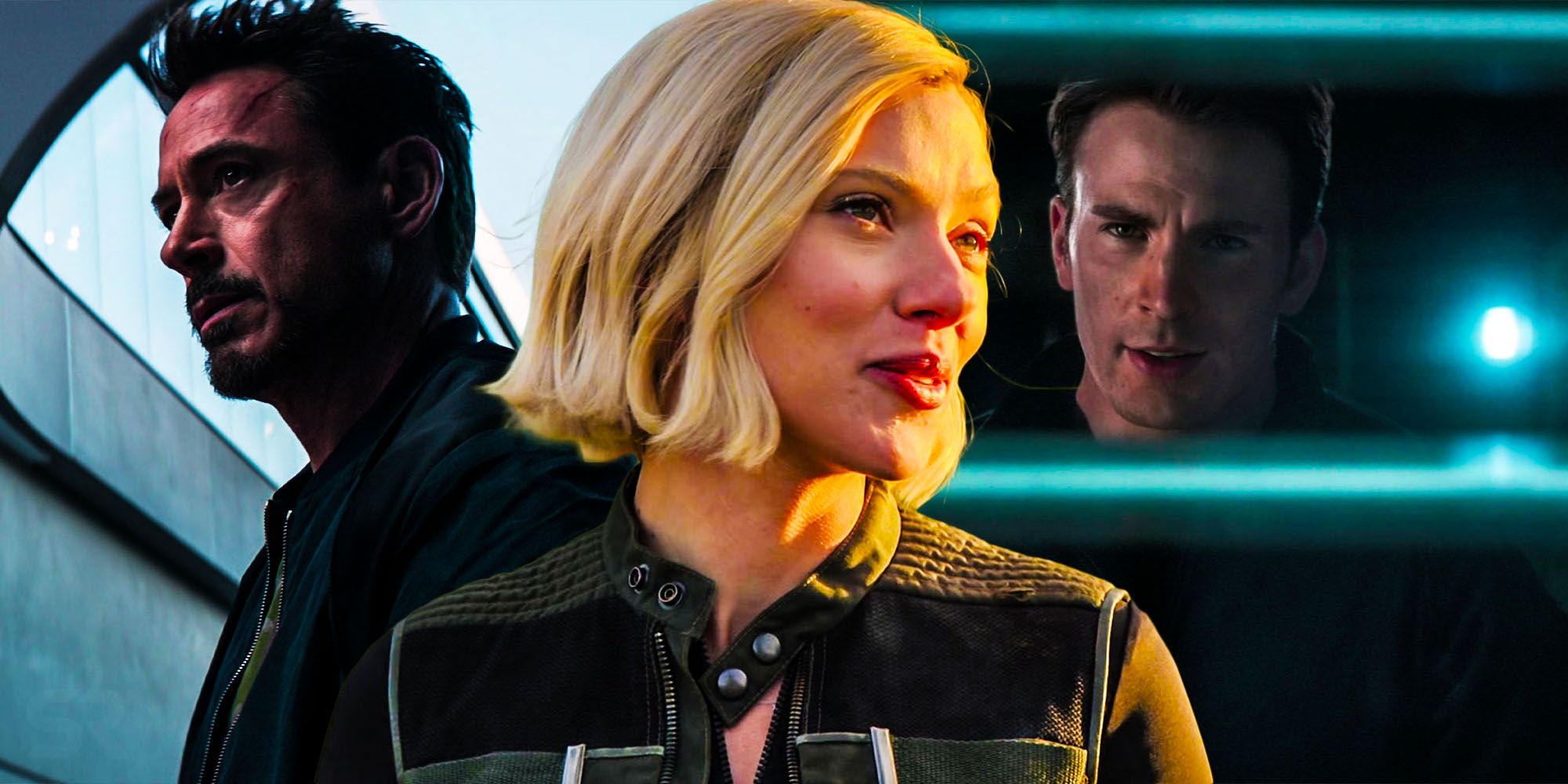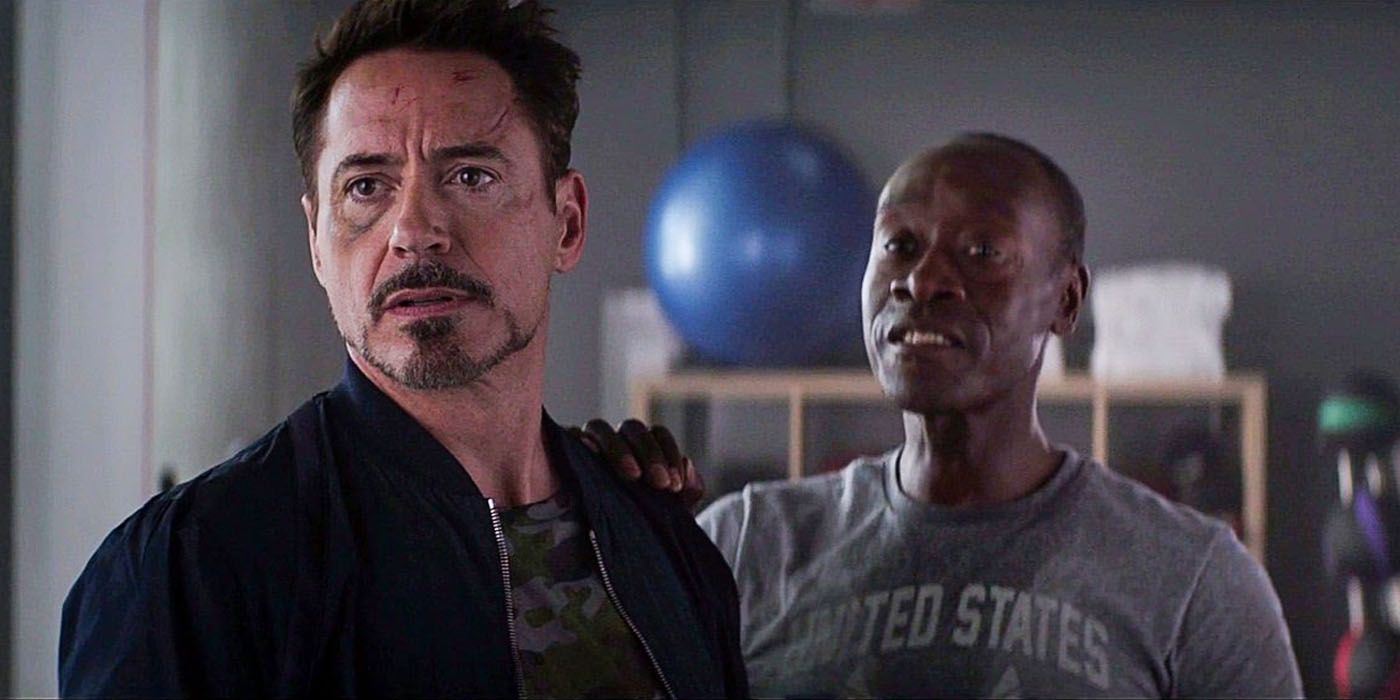
Natasha Romanoff's (Scarlett Johansson) decision at the end of Black Widow subtly explains Captain America and Iron Man's Captain America: Civil War ending. Joe and Antony Russo's 2016 movie set the stage for the culmination of the Infinity Saga by breaking up the Avengers. Marvel Studios revisiting that tumultuous time period via Black Widow has offered new context about the film, particularly regarding the way things ended between Steve Rogers (Chris Evans) and Tony Stark (Robert Downey Jr.).
The main premise of Captain America: Civil War revolves around the MCU's introduction of the Sokovia Accords. Mandated by the United Nations, it aims to regulate the activities of all "enhanced" individuals; essentially, it's the MCU's version of the Superhero Registration Act from the comics. Captain America refuses to sign it because he believes that it's important that the Avengers retain their own autonomy. Meanwhile, Iron Man is all for it, explaining that without supervision the Earth's Mightiest Heroes have the potential to be no better than the bad guys. Their conflict forces the remaining Avengers to pick a side, resulting in the titular civil war. By the end of the film things become far more personal, as Tony discovers that Steve purposefully lied about Bucky Barnes (Sebastian Stan) killing his parents.
The heroes couldn't find a middle ground, ultimately resulting in the temporary break-up of the Avengers. For two years the team spent their time separately, until the arrival of Thanos (Josh Brolin) forced multiple factions of heroes back into action in Avengers: Infinity War. Before that, Tony receives a package from Steve that includes a letter of apology and a burner phone for emergency communication. Considering their brutal fight in Siberia, it was somewhat surprising that Cap took the time to reach out in the way that he did. However, as revealed in Black Widow, Natasha makes the decision to return to the U.S. to put her "other family" back together instead of joining Yelena Belova (Florence Pugh) in liberating the other Black Widows. It's not outside the realm of possibility that it was Black Widow herself who convinced Steve to send his old rival the message.

Despite this, Tony and Steve remained separated in the two years that followed, and even during Thanos' initial attack in Avengers: Infinity War the two heroes were fighting on different fronts. It wasn't until Captain Marvel (Carol Danvers) saved Iron Man from dying in space in Avengers: End Game that the two were reunited back on Earth. Even so, it makes sense that Black Widow was the one to convince Steve to reach out first. It's unclear if Nat knew about Bucky's involvement in the death of the Starks—although given her association with SHIELD and closeness to Steve it's possible she found out at some point. Either way, she'd spent enough time with Tony to know that he would never initiate contact.
In addition to that, she could've also felt a little bit guilty for abandoning Tony on the heels of Rhodey's (Don Cheadle) accident. So, she tried resolving her own feelings and the whole mess, in general, by urging Captain America to take the next step to reconciliation. While Nat was typically stoic and indifferent, it's safe to say that the break-up of the Avengers in Captain America: Civil War impacted her deeply. Her experience in the Black Widow standalone film only further motivated her to reunite the Avengers—even if ultimately she wasn't directly responsible for putting Captain America and Iron Man back together again.
from ScreenRant - Feed https://ift.tt/3ERKcHm
via IFTTT
No comments:
Post a Comment